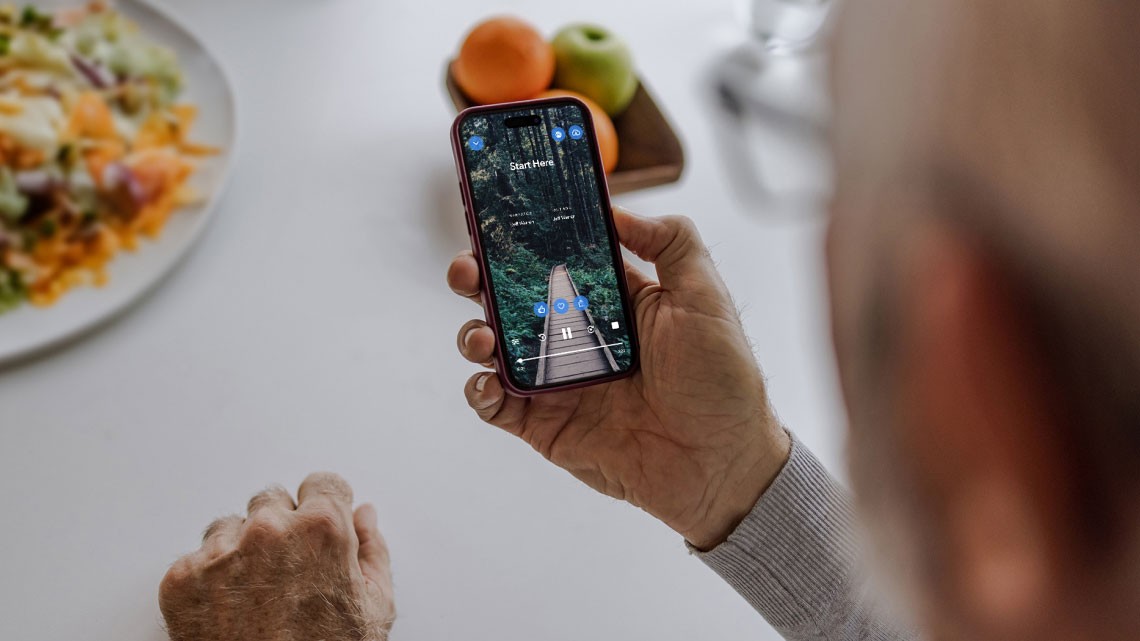Staying Fit
When singer Gloria Gaynor was released from the hospital after an accident in 1978, the record company said they weren’t going to renew her contract. But a new company president wanted her to sing a song that had been popular in Europe.
“It wasn’t a song that I liked,” Gaynor, 80, says in an interview with AARP. “As a matter of fact, I pretty much hated the song, but I wanted my career to continue.”


AARP Membership— $12 for your first year when you sign up for Automatic Renewal
Get instant access to members-only products and hundreds of discounts, a free second membership, and a subscription to AARP the Magazine.
She asked the producers about the song on the B side of the album. She says the producers had a song they wanted her to sing that was written a couple of years earlier.
“When I read the lyrics, I’m like, what, are you stupid? You’re going to put this on the B side?”
The song, “I Will Survive,” spoke to her. Gaynor spent three months in the hospital after spinal surgery and hoped she would survive the ordeal. She hadn’t thought she would overcome and survive the death of her mother years earlier. Yet, she did. She thought others would be able to relate to the song.
“Immediately my belief that everyone that was going through anything that they thought was, could be insurmountable and yet hoped they’d survive would relate to this song,” Gaynor says. “I immediately thought the song was going to be a huge hit. A huge success.”
For Gaynor, the song “is a gift that was entrusted to me by God to share with other people, to bring hope, to bring encouragement, to uplift and empower people.”
After the song became a hit, Gaynor was in demand. She had more U.S. engagements and performances outside of the country. But there’s more to Gaynor’s story than “I Will Survive.” She recounts her life’s journey in the 2023 documentary, Gloria Gaynor: I Will Survive. The documentary, in theaters Feb. 13 only, “is really kind of the story of my life and the struggles that I’ve had and my determination to get through all of it,” she says. “To survive it all.”
In 2020, Gaynor won a Grammy Award for best roots gospel album for 2019’s Testimony. It was her second Grammy, after winning best disco recording for “I Will Survive” in 1980. The making of the gospel album is documented in the film. Gaynor wanted to create a gospel album for some time, but it wasn’t until 40 years into her career that her desire came to fruition.



































































More From AARP
10 Quick Questions for Gloria Gaynor
The disco legend talks about how she keeps her energy up and her guilty pleasures
Smokey Robinson: ‘I Don’t Even Think About Being Old’
The Motown legend explains his latest record and age-defying secrets
After 6 Decades, Kool & the Gang Still Get the Party Started
Cofounder George ‘Funky’ Brown tells AARP about their new album and tour
Recommended for You